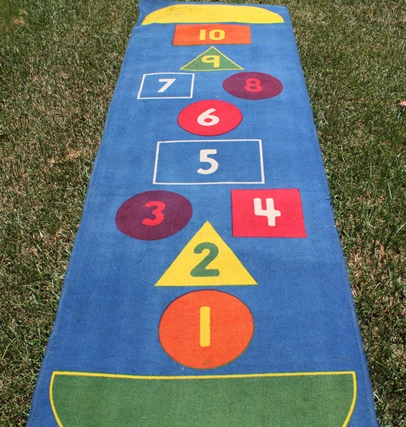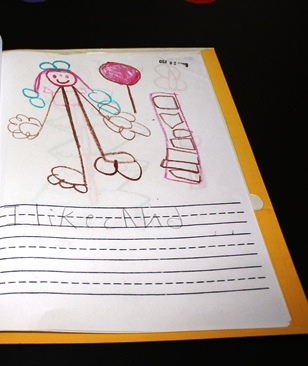One of my sisters is a friend of John Rich, and she told me about the following book he helped to write, which I instantly wanted a copy of. If you watched the “Celebrity Apprentice” this past season you saw that his team wrote a book about a boy, Lil Jon, overcoming fears on his first day of school.
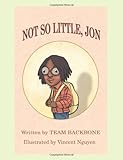
Books like this are great to read with your little one over the summer if you are going to put your little one in any kind of program whether it be a formal school setting, a mother’s day out, or a daycare. This can be great preparation or reinforcement for a little one to develop a sense of confidence in their individual personality, talents, and abilities to initiate social interactions. A few others I recommend:
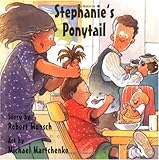 ,
, 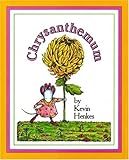 ,
, 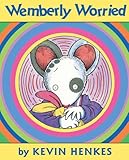
Additionally, if your little one is already dealing with some social complications due to tattling, shyness, uniqueness, bossiness, etc. I recommend learning about some of the literature available for children with those tendencies by reading the reviews and taking a peek inside books that can really bridge the gap that your little one might be struggling through concerning social development. Books like:
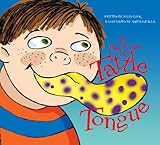 ,
, 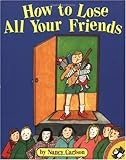 ,
, 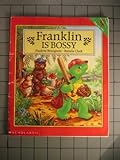
I hope you find these books helpful for discussing and guiding social development. Books are great tools for helping children to gain perspective and to learn new ways to problem solve independently.

